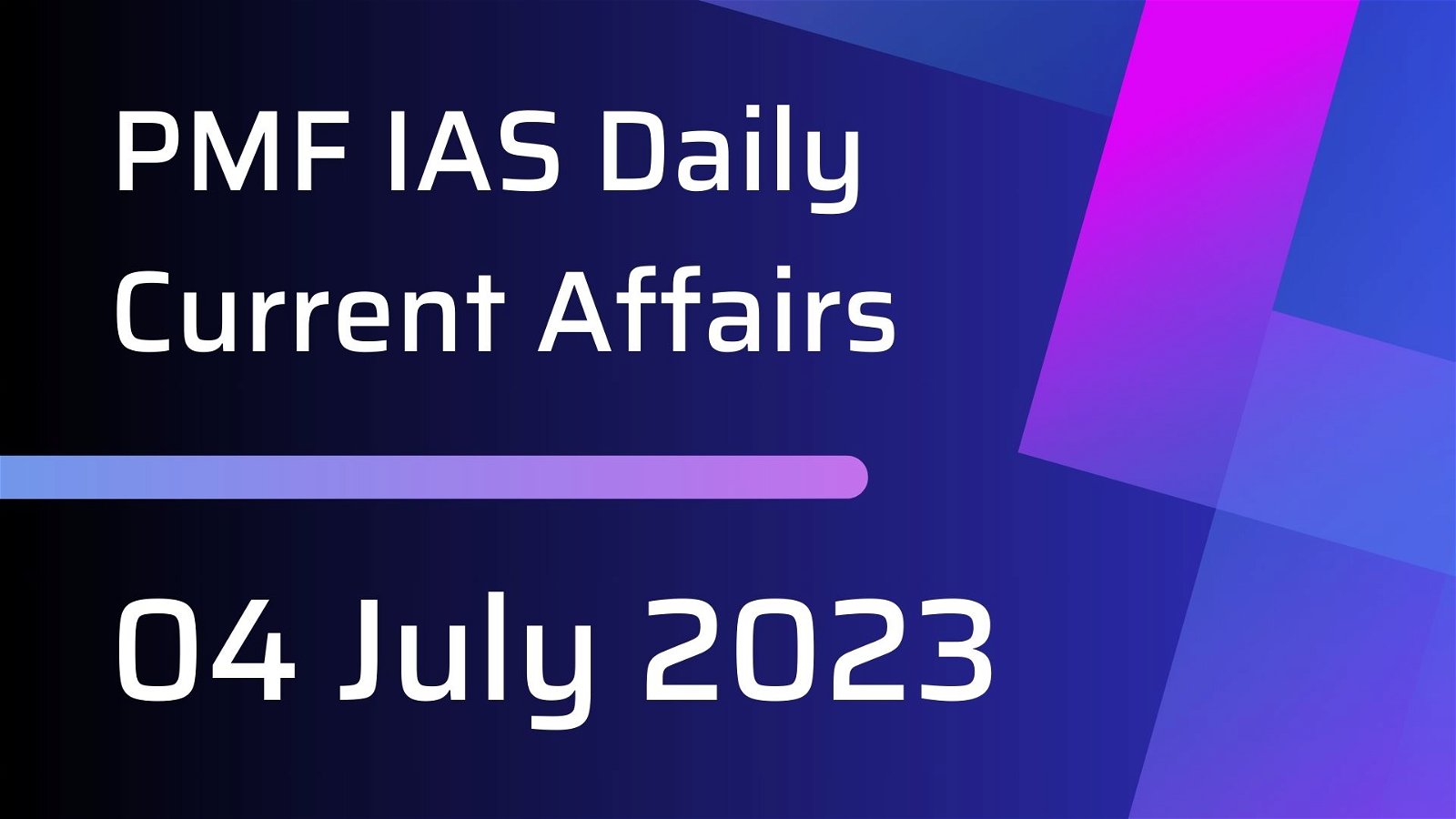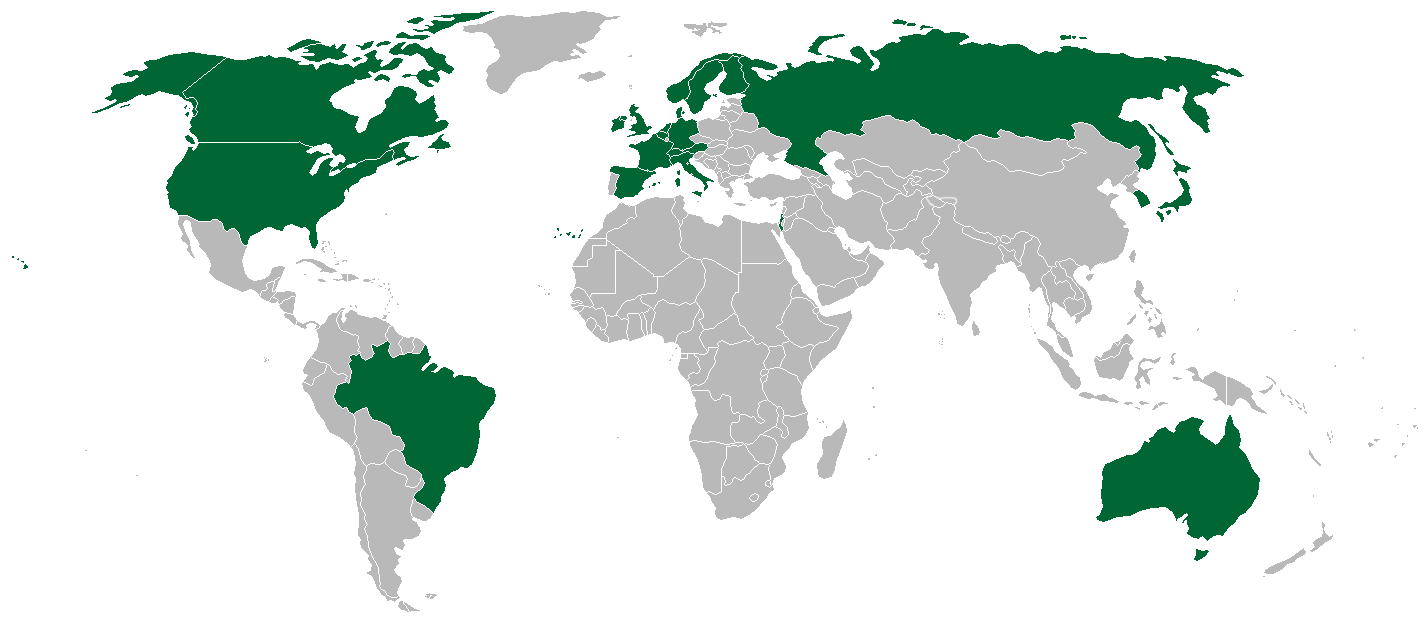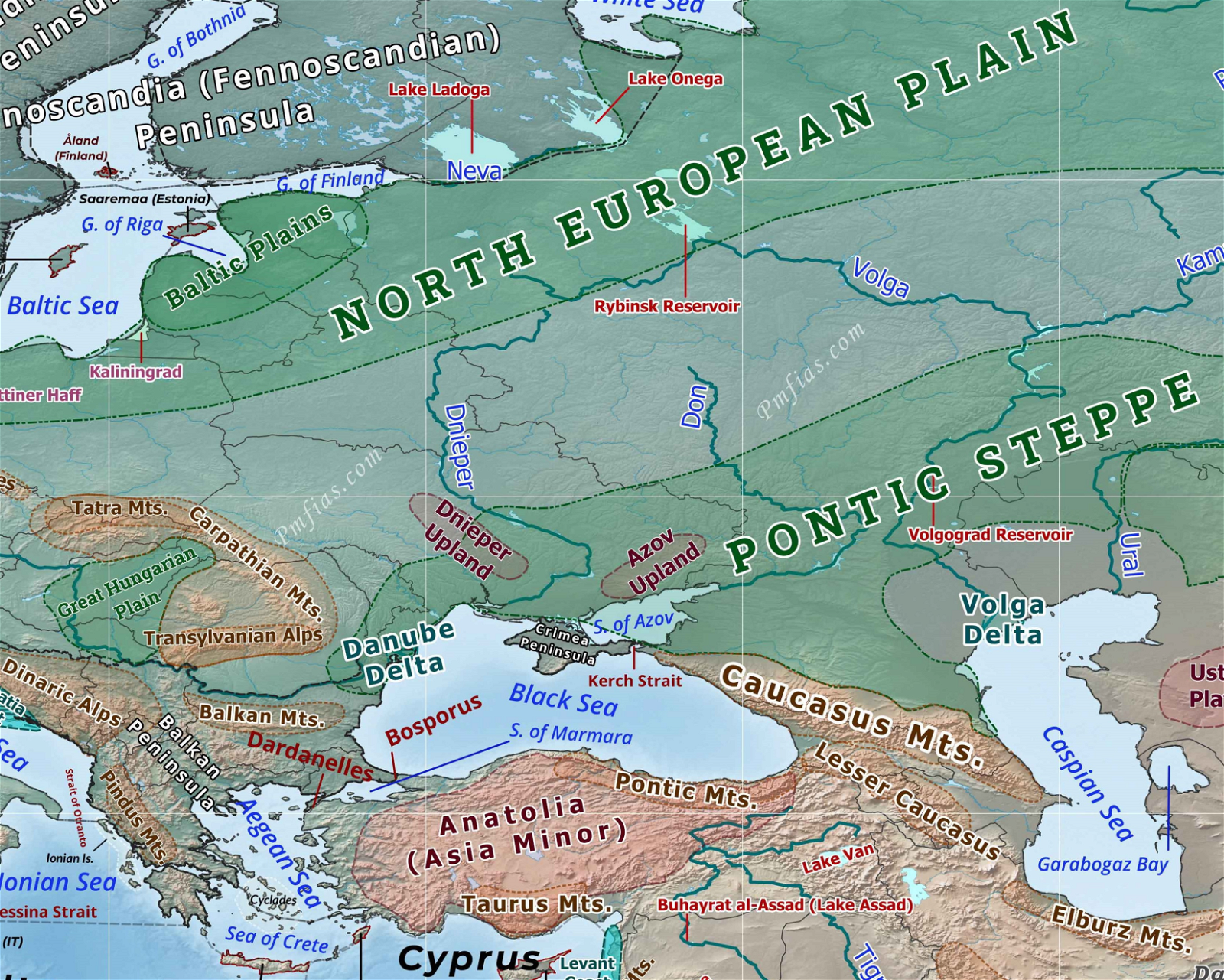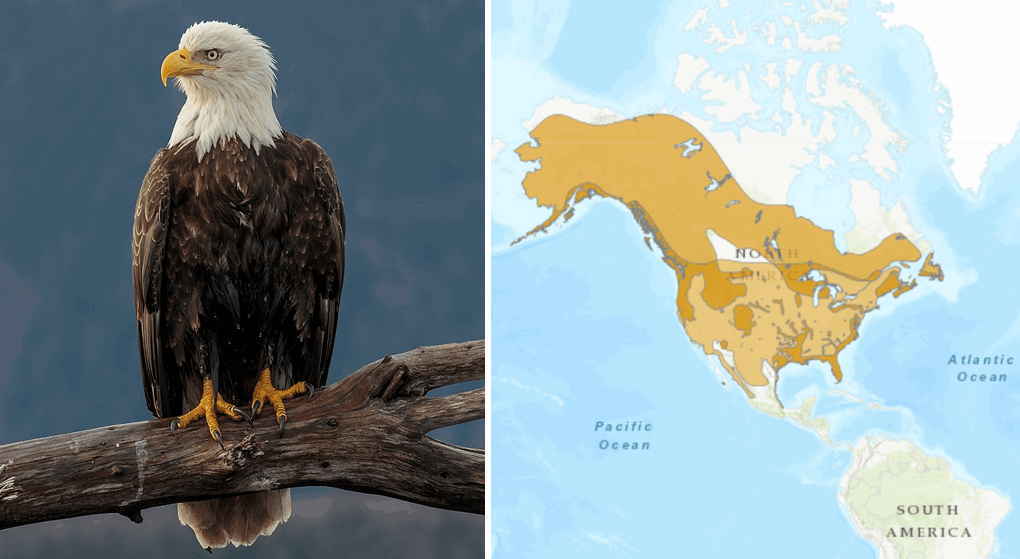
Cauvery River Water Dispute, Cauvery Water Management Authority (CWMA)
Subscribe to Never Miss an Important Update! Assured Discounts on New Products!
Must Join PMF IAS Telegram Channel & PMF IAS History Telegram Channel
- Context (TH I HT I DH): The Cauvery Water Regulation Committee (CWRC) recommended Karnataka release 3,000 cusecs of water to Tamil Nadu from September 28 to October 15.
- Tamil Nadu initially sought 24,000 cusecs of water, which was subsequently reduced to 10,000 cusecs and then further lowered to 5,000 cusecs.
- Karnataka is facing distress due to the failure of the southwest monsoon (from June to September). There is no sufficient storage in the four reservoirs (holding just 53.04% of their capacity).
- The rainfall received in Karnataka this year in August-September is the lowest in the last 123 years.
Origins and Initial Dispute
- The river Cauvery originates in Karnataka’s Talakaveri in Kodagu (Coorg) district and flows into Tamil Nadu, eventually reaching the Bay of Bengal.
- In 1892, a dispute arose between the Madras Presidency and the Princely state of Mysore.
- Madras opposed Mysore’s proposal to build irrigation systems.
- In 1924, Mysore and Madras reached an agreement that permitted Mysore to construct a dam at Kannambadi village.
- The agreement had a duration of 50 years and was subject to review, ultimately leading to the construction of the Krishnaraja Sagar dam in Karnataka.
- The 1924 water-sharing agreement ended in 1974.

Cauvery Water Disputes Tribunal (1990)
- Central Government, in 1990, in the exercise of the powers conferred by section 4 of the Inter-State River Water Disputes Act, 1956 had constituted the Cauvery Water Disputes Tribunal to resolve the water dispute among Karnataka, Kerala, Tamil Nadu, and Puducherry.
- The tribunal issued its final award in 2007, allocating
- 419 TMC to TN Tamil Nadu,
- 270 TMC to Karnataka,
- 30 TMC to Kerala and
- 7 TMC to Puducherry.
Supreme Court Intervention and the Final Verdict
- In 2018, SC delivered its final verdict, granting Karnataka an additional 14.75 TMC of river water.
- The final allocation for a total of 740 TMC is
- Karnataka: 284.75 (270 + 14.75) TMC
- Tamil Nadu: 404.25 (419 – 14.75) TMC
- 30 TMC to Kerala and
- 7 TMC to Puducherry
- The water allocation arrangement will stand unchanged for the next 15 years.
Cauvery Water Management Authority (CWMA)
- In exercising the powers conferred by section 6A of the Inter-State River Water Disputes Act 1956, the Central Government notified the Cauvery Water Management Scheme in 2018, constituting the ‘Cauvery Water Management Authority’ and the ‘Cauvery Water Regulation Committee’(CWRC).
- The Authority ensures for securing compliance and implementation of the Award of the Tribunal as modified by the Hon’ble Supreme Court:
- storage, apportionment, regulation and control of Cauvery waters;
- supervision of the operation of reservoirs and regulation of water releases therefrom with the assistance of the Regulation Committee;
- regulated release by Karnataka at the inter-state contact point presently identified as Billigundulu gauge and discharge station, located on the common border of Karnataka and Tamil Nadu.
- CWRC monitors the daily water levels, inflows, and storage position at major reservoirs storing the Cauvery water. It ensures data collection and implementation of the final award.
How is the water being shared?
- Cauvery River water is shared between Karnataka and T.N. according to a monthly schedule.
- In a Normal Water Year (June to May), Karnataka will release 177.25 TMC of water to TN.
- During the SW monsoon season (June to September), a total of 213.14 TMC is to be released.
- The Monsoon (deficit) Season is when the Cauvery issue typically flares up.
Mekedatu Reservoir Project
- The Mekedatu Reservoir Project aims to provide water for drinking purposes to Bengaluru city and generate approximately 400 megawatts (MW) of power.
- In 2018, Tamil Nadu raised objections against the project and approached the Supreme Court.
- Tamil Nadu opposes any projects in the upper riparian region unless they receive approval from the Supreme Court, ensuring water flow protection to Tamil Nadu.
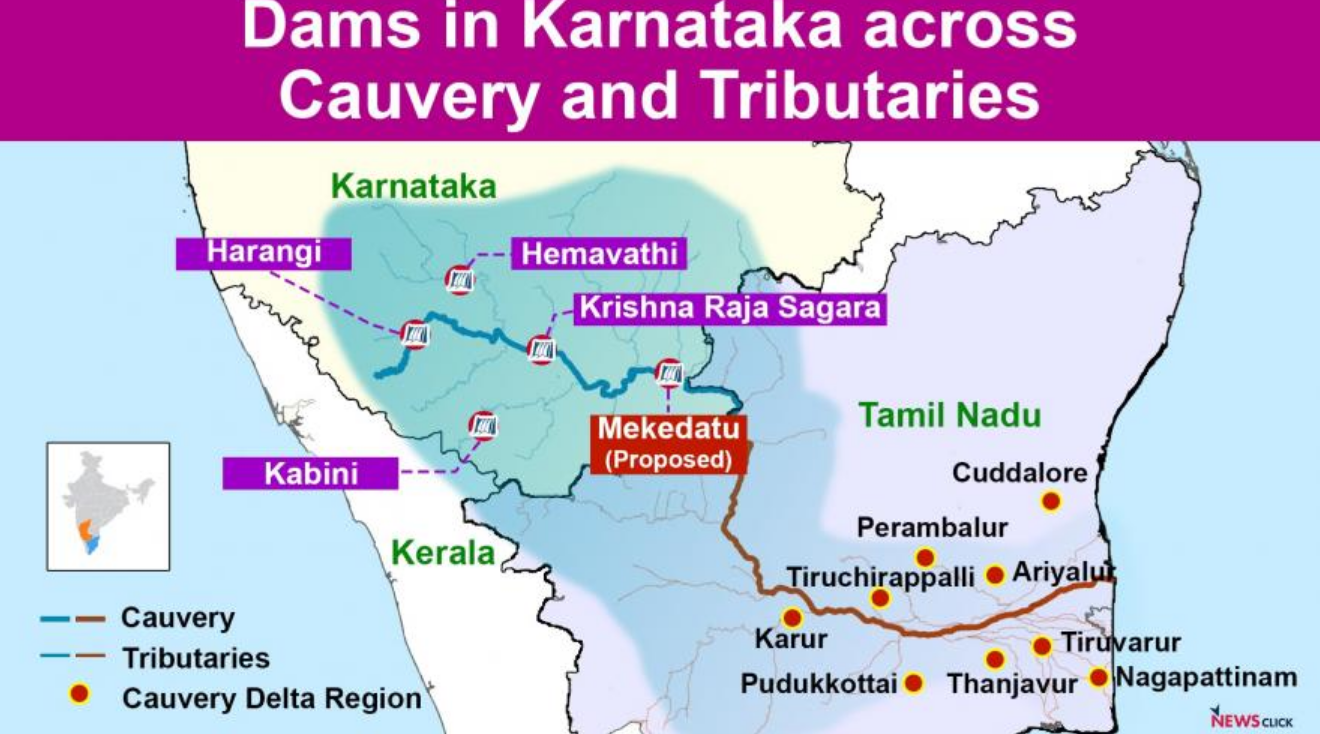
Way Forward
- The CWMA should use the current crisis as an opportunity to establish a distress-sharing formula.
- Despite potential dissatisfaction from the States, it’s vital that expert judgment should prevail over political interests.




![PMF IAS Environment for UPSC 2022-23 [paperback] PMF IAS [Nov 30, 2021]…](https://pmfias.b-cdn.net/wp-content/uploads/2024/04/pmfiasenvironmentforupsc2022-23paperbackpmfiasnov302021.jpg)
